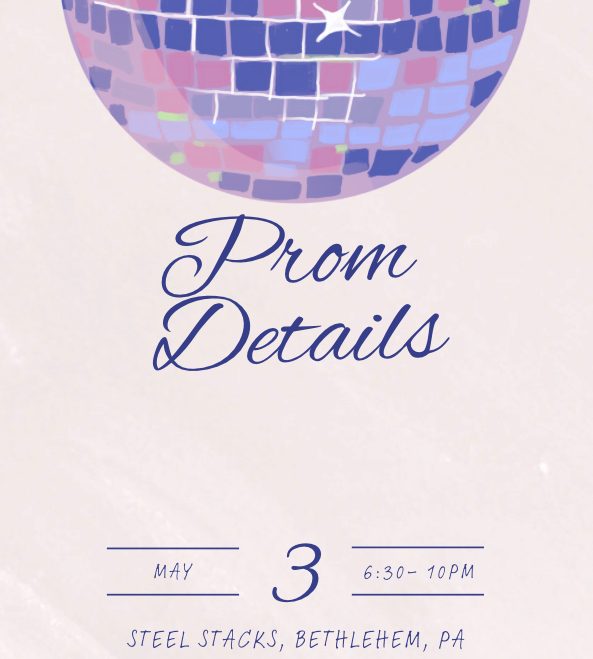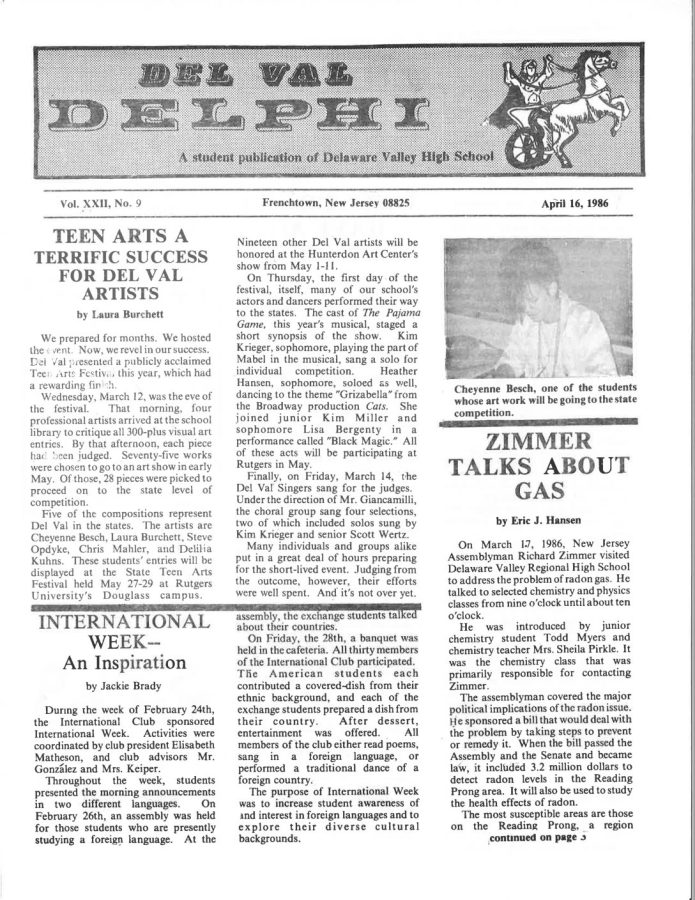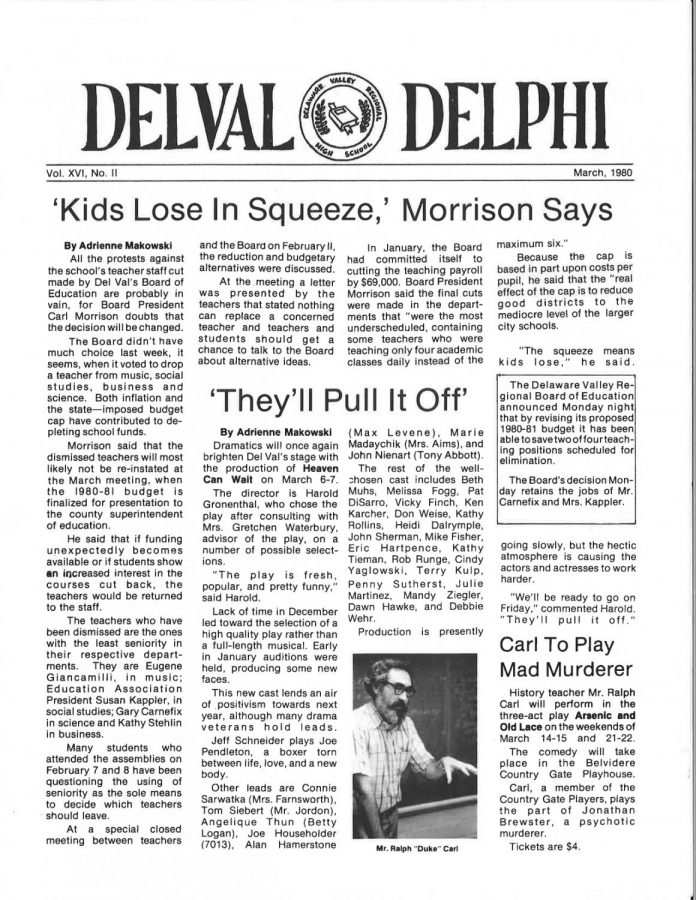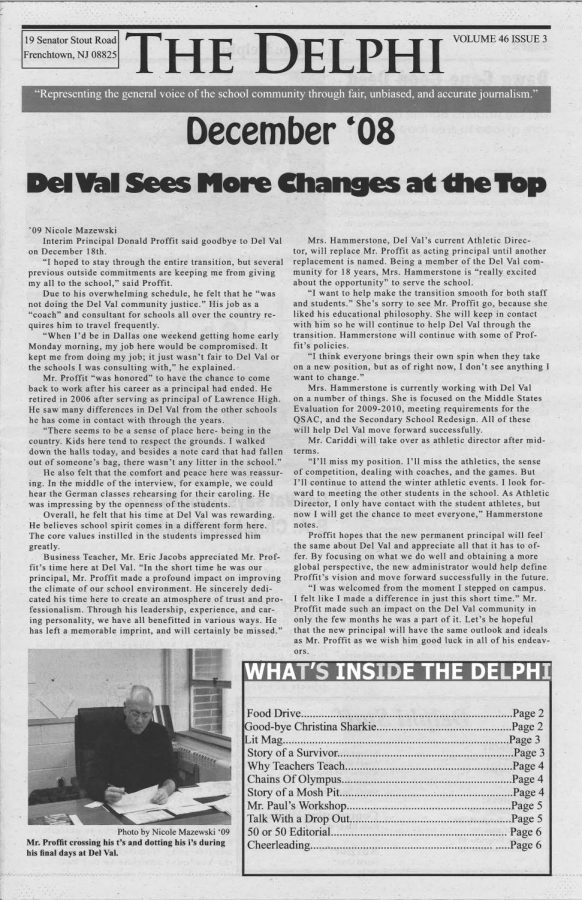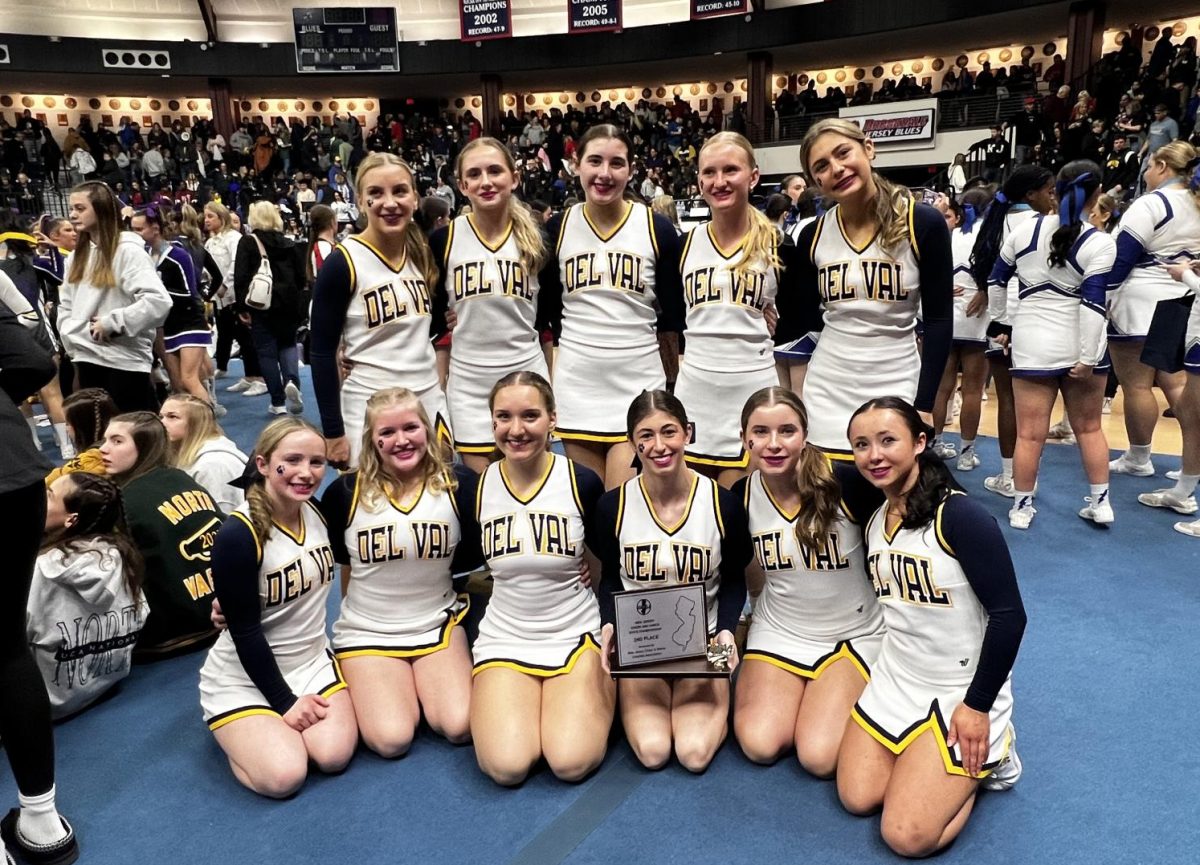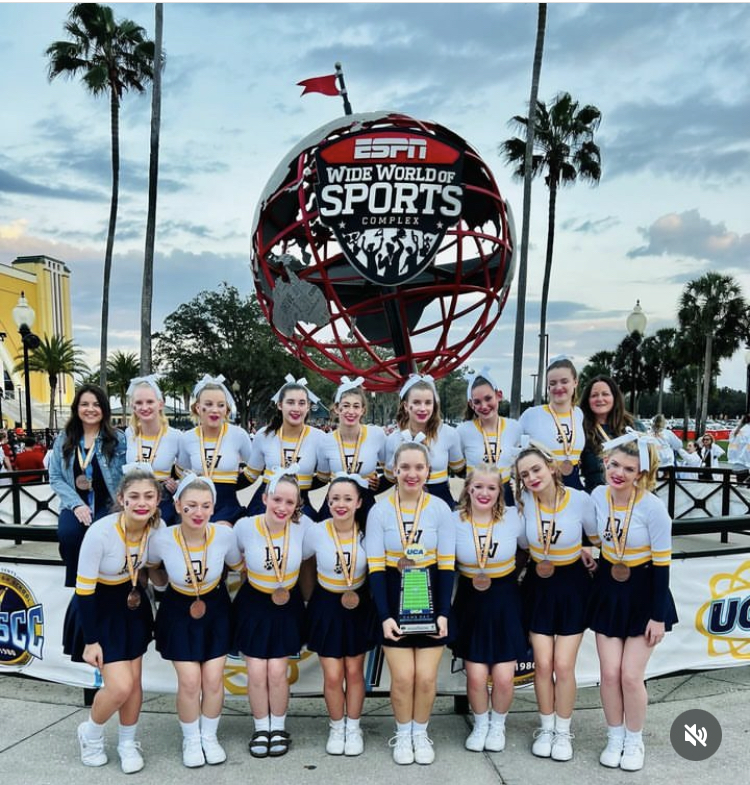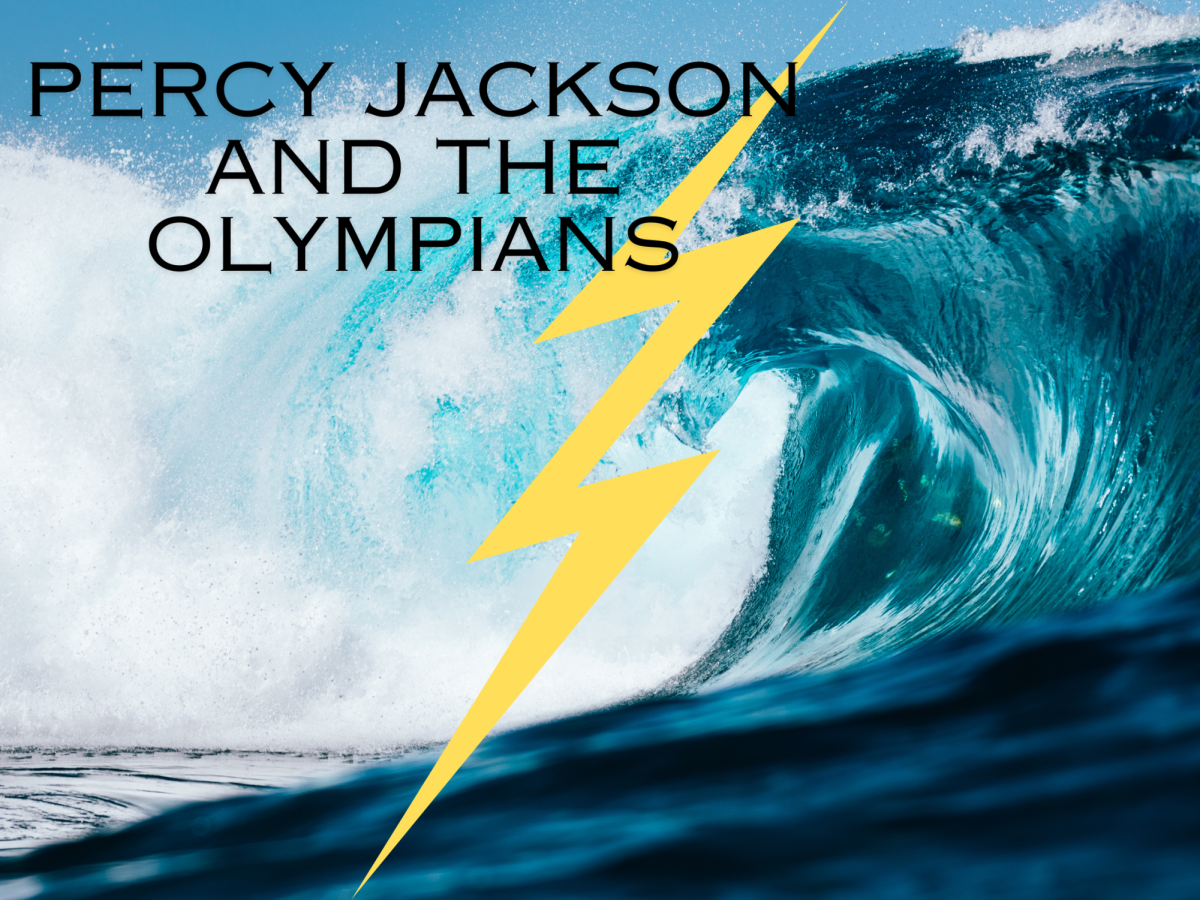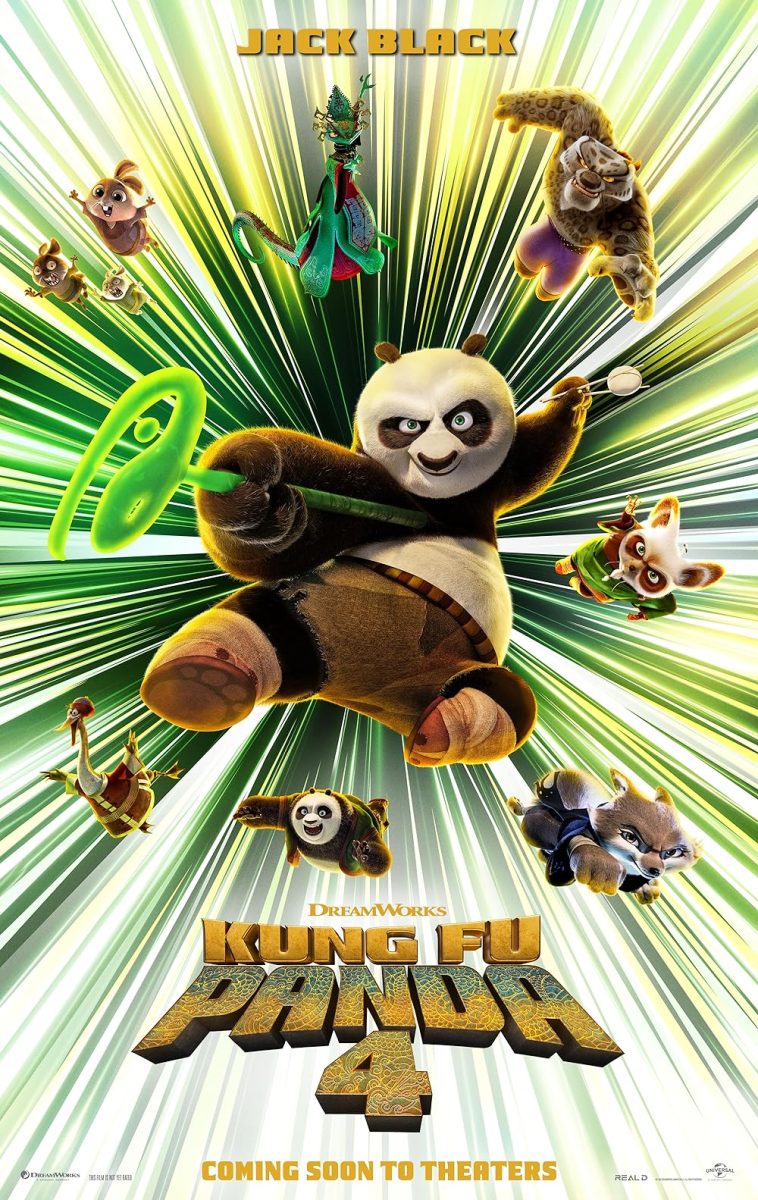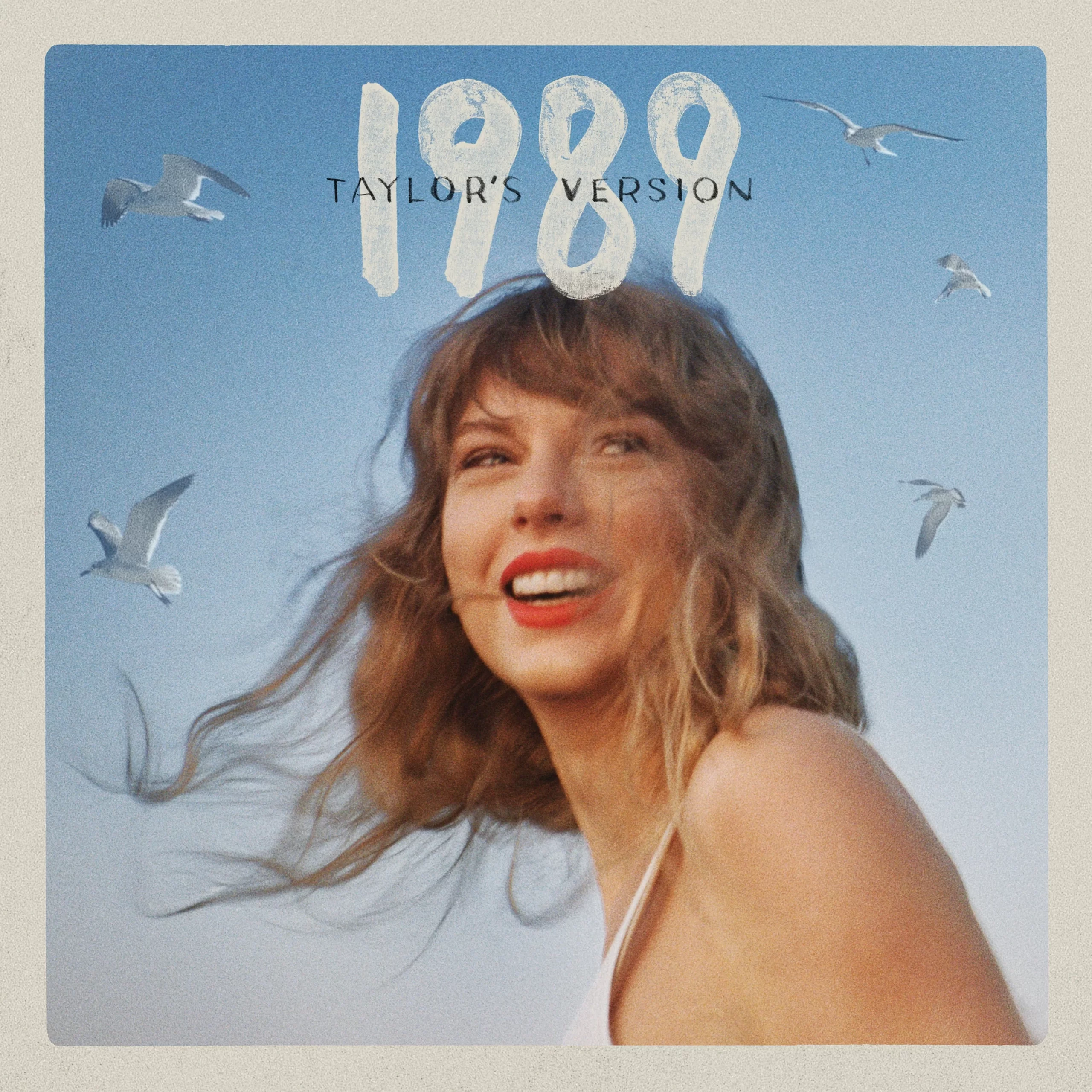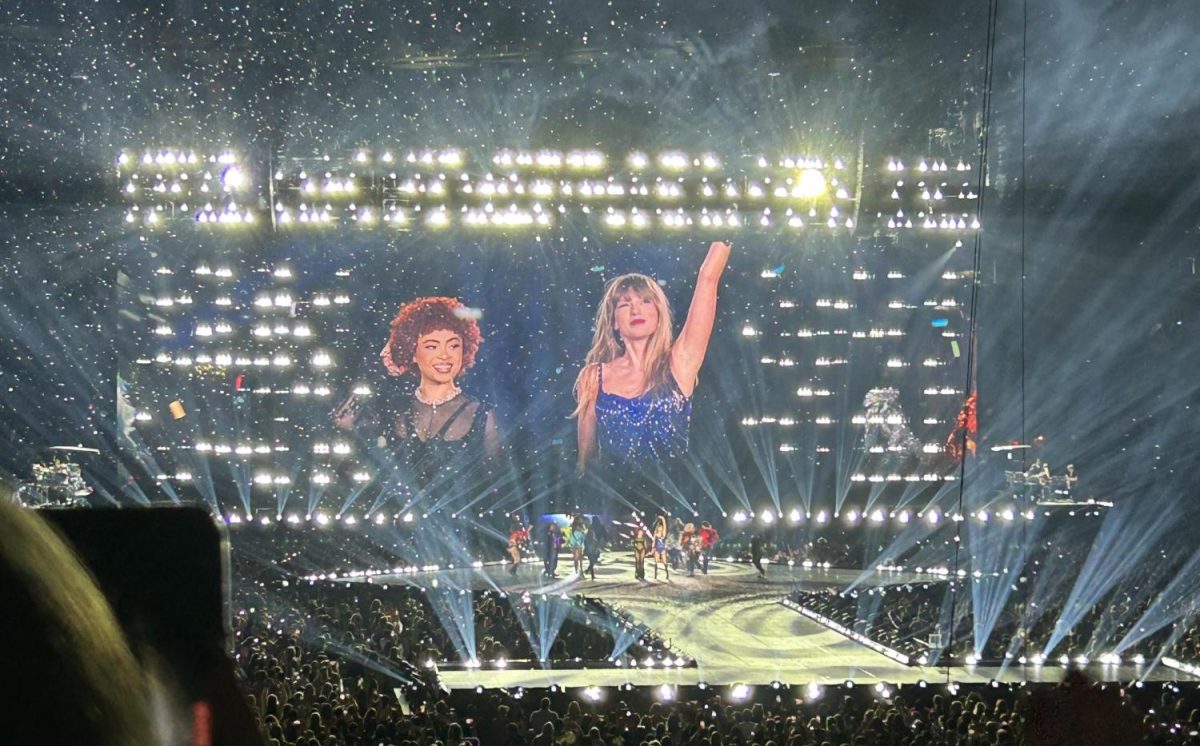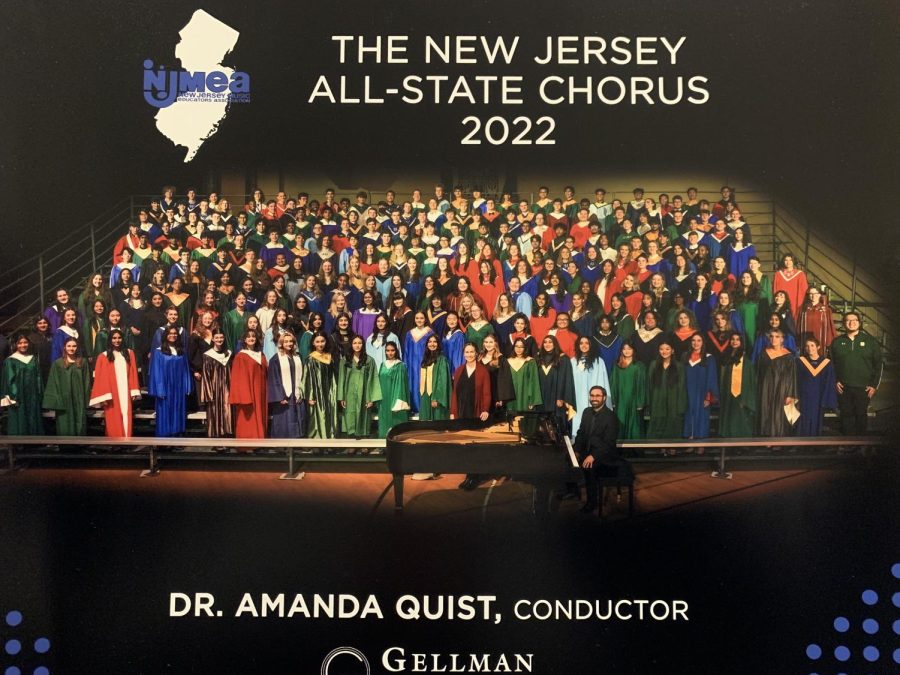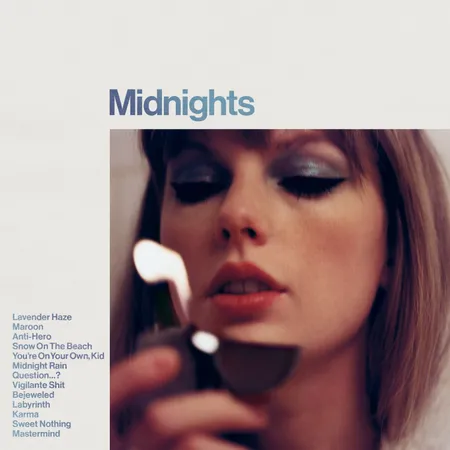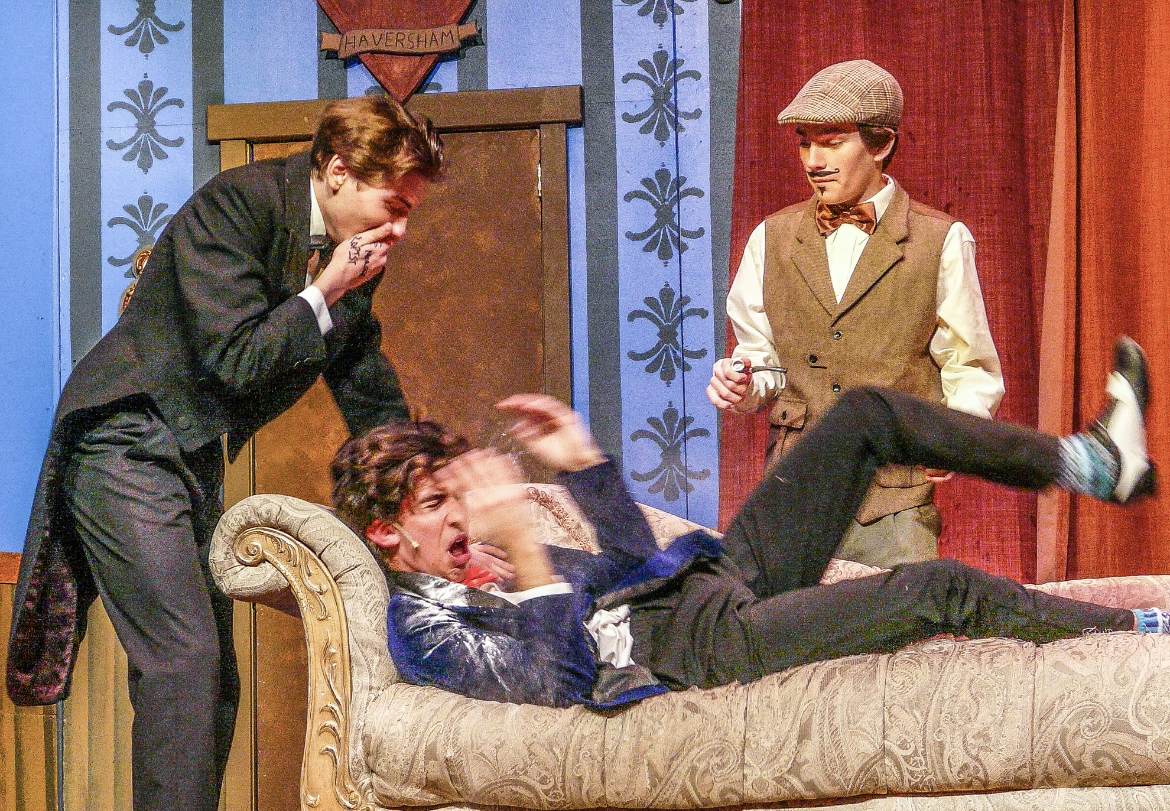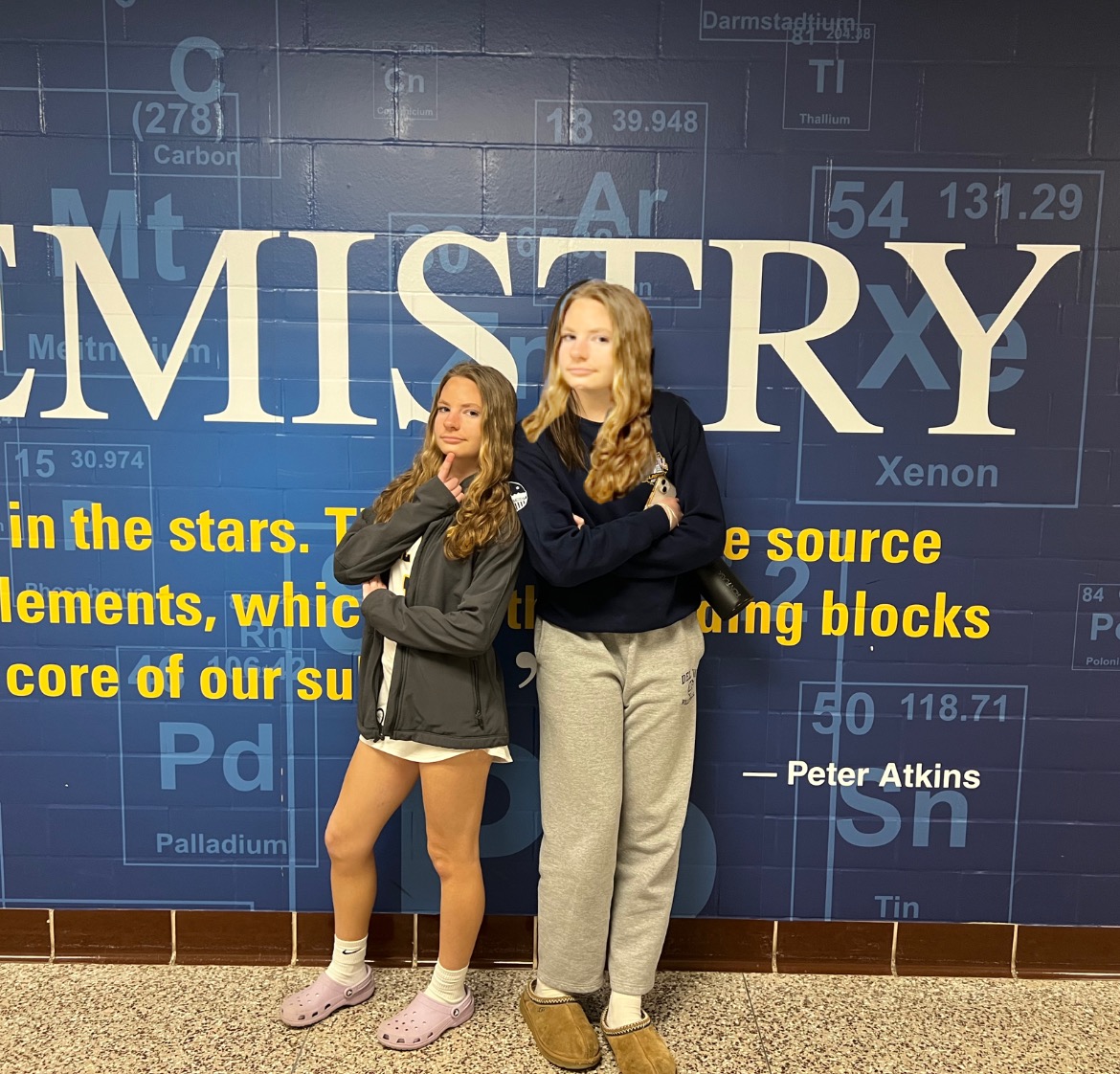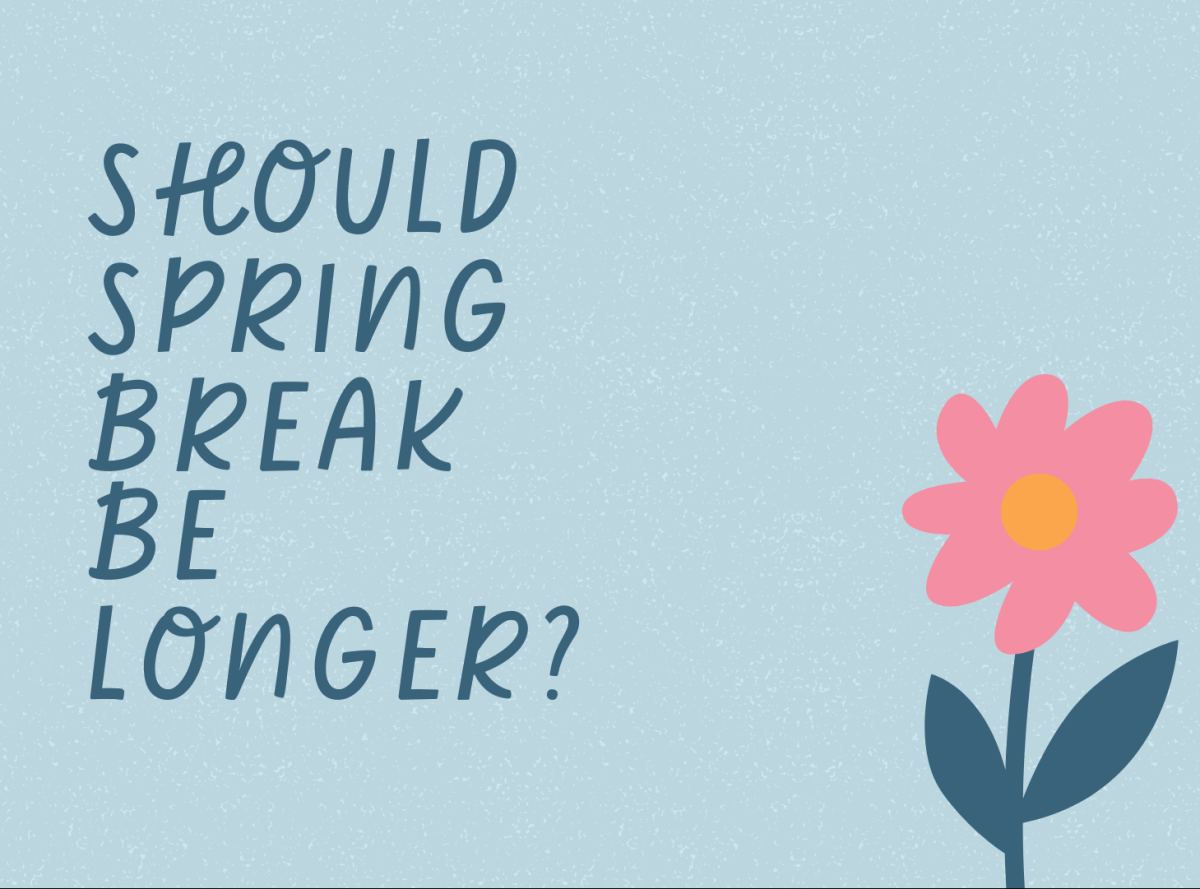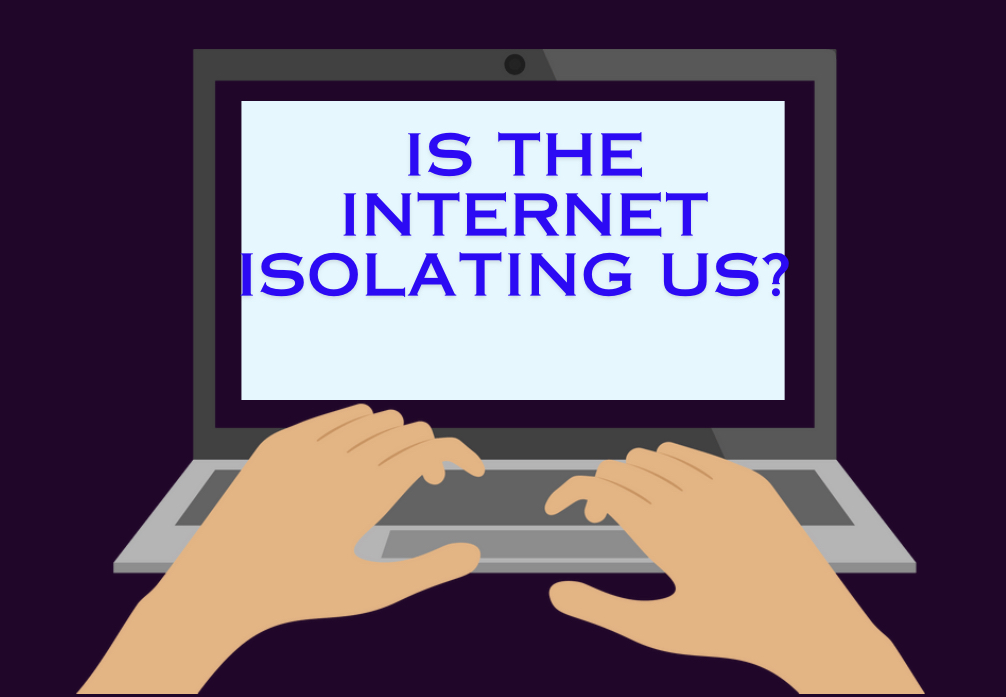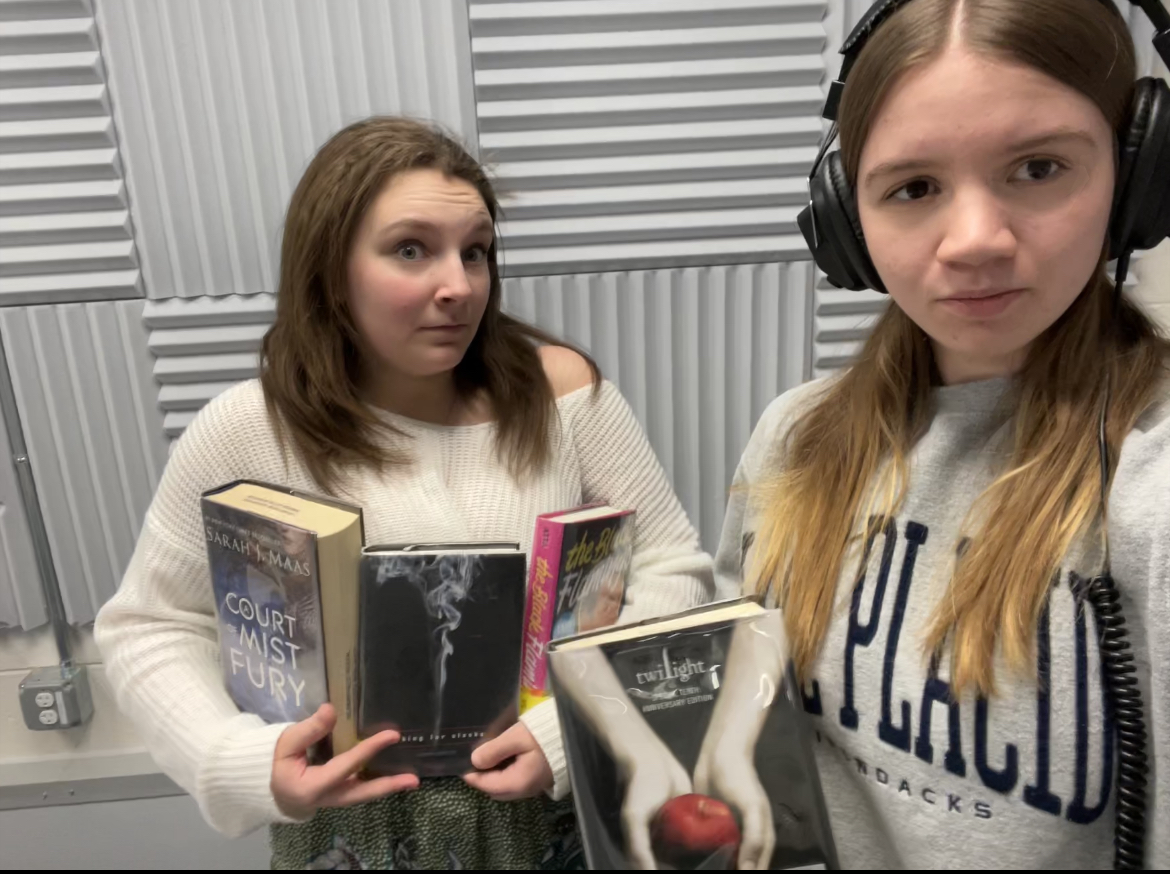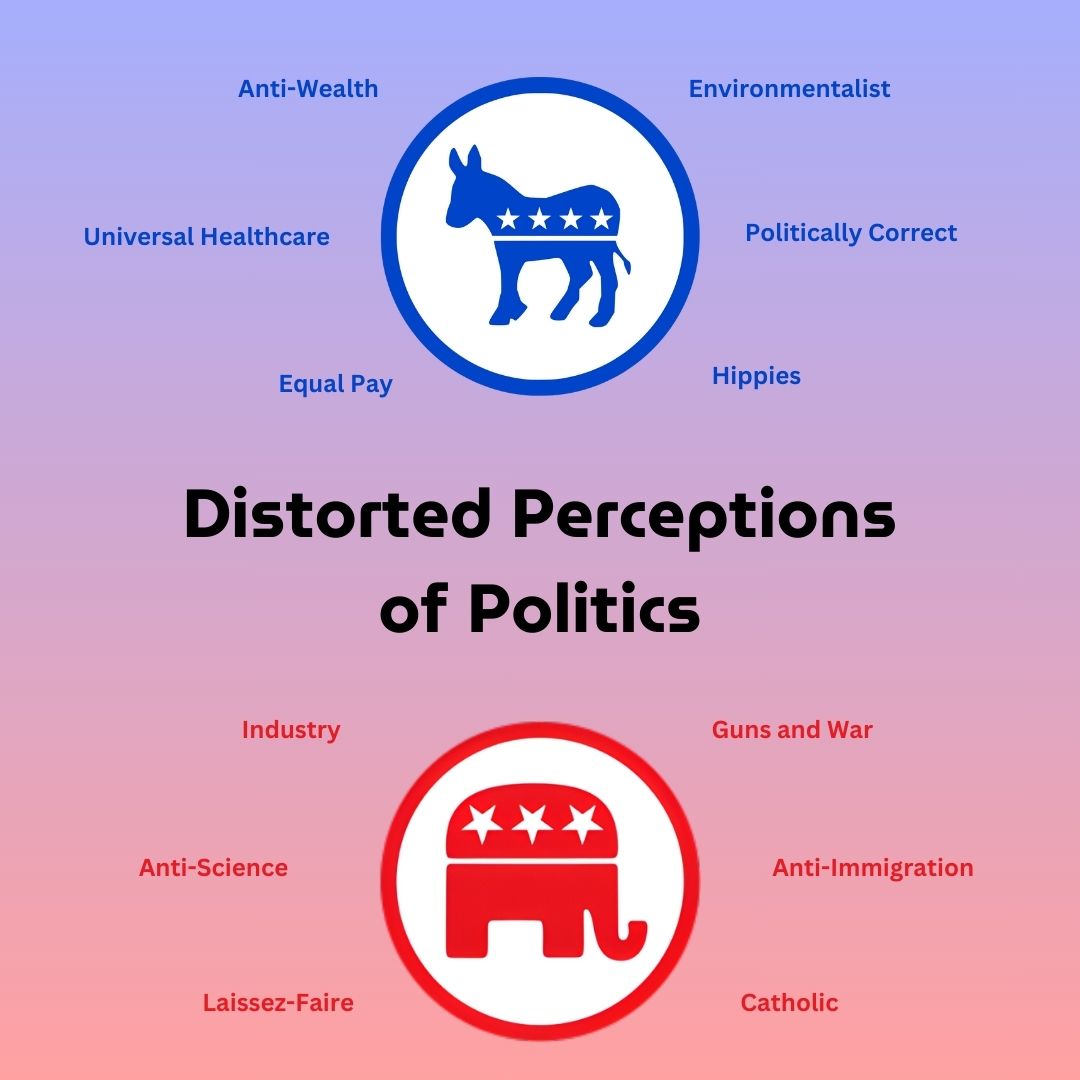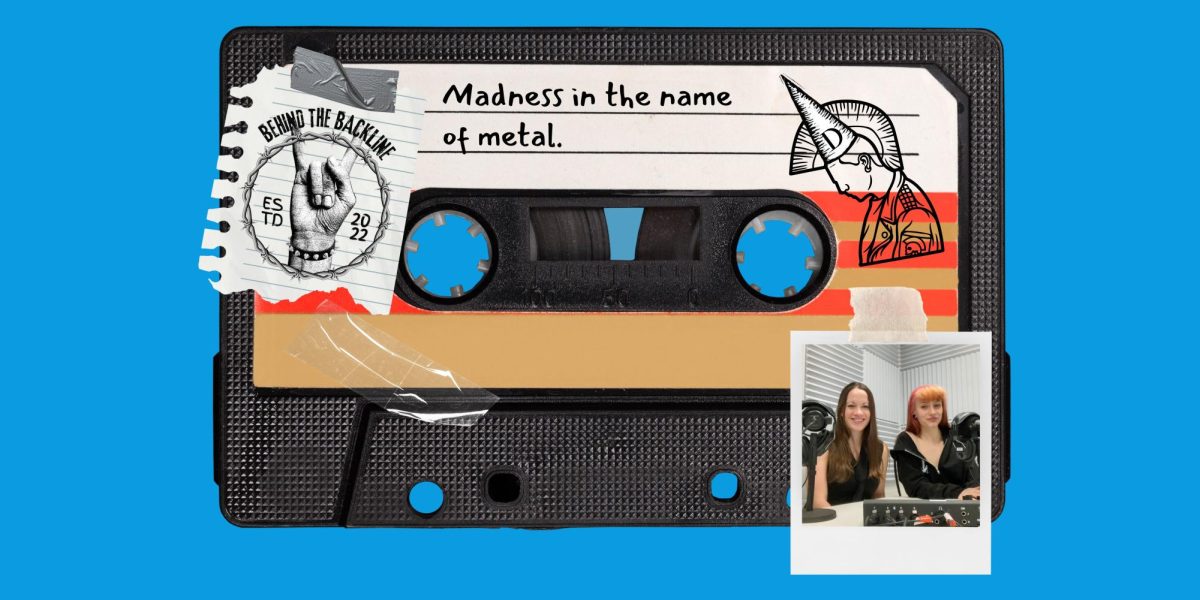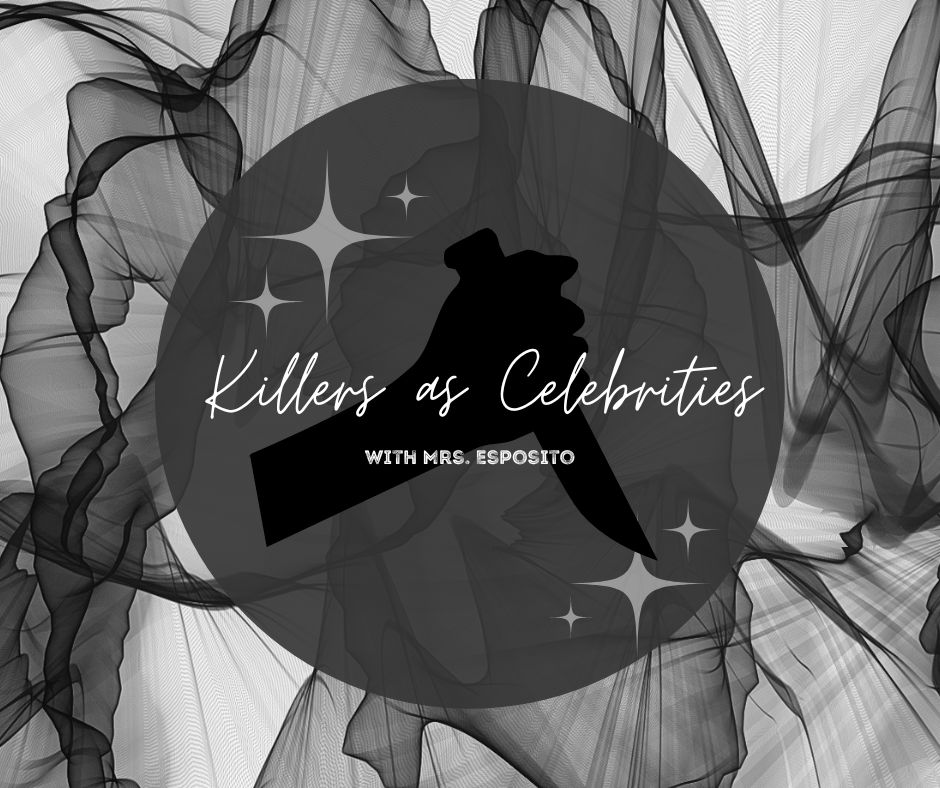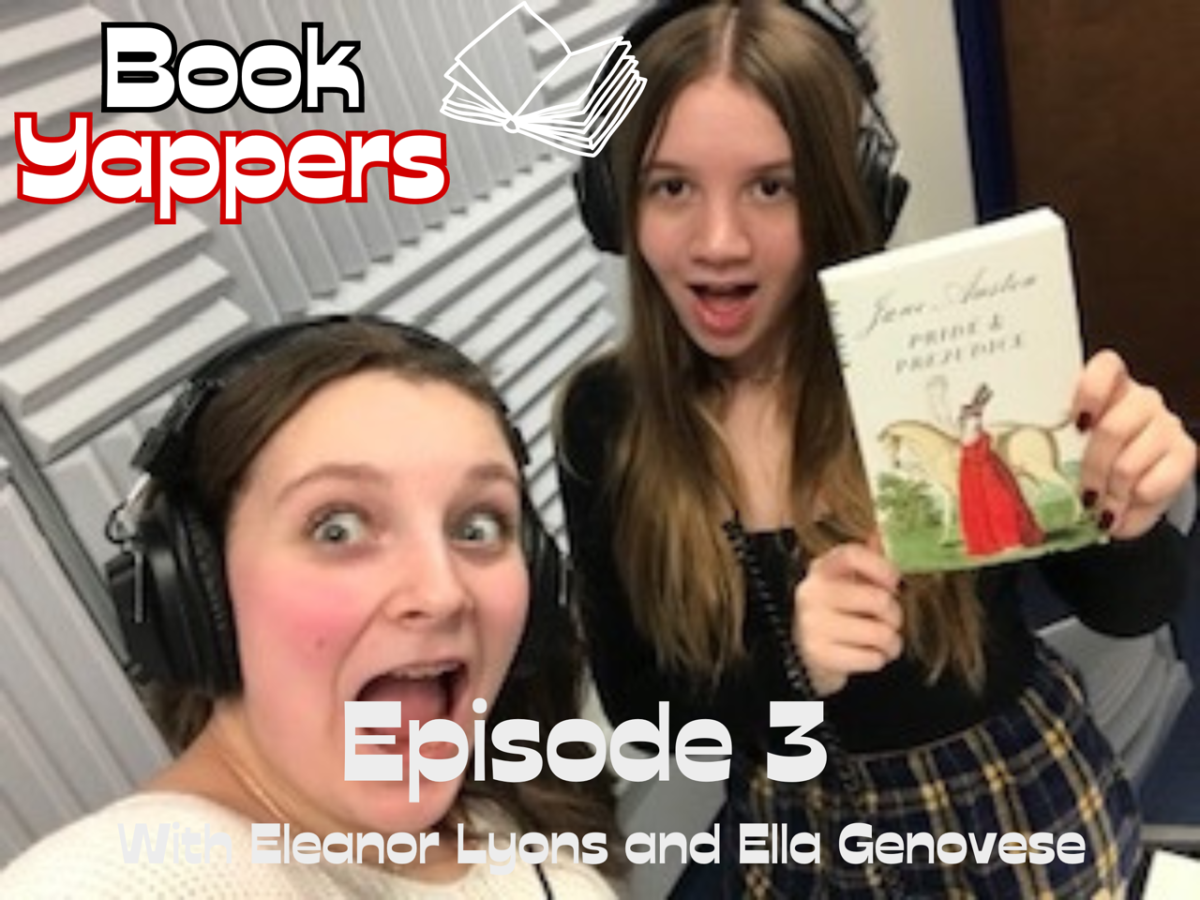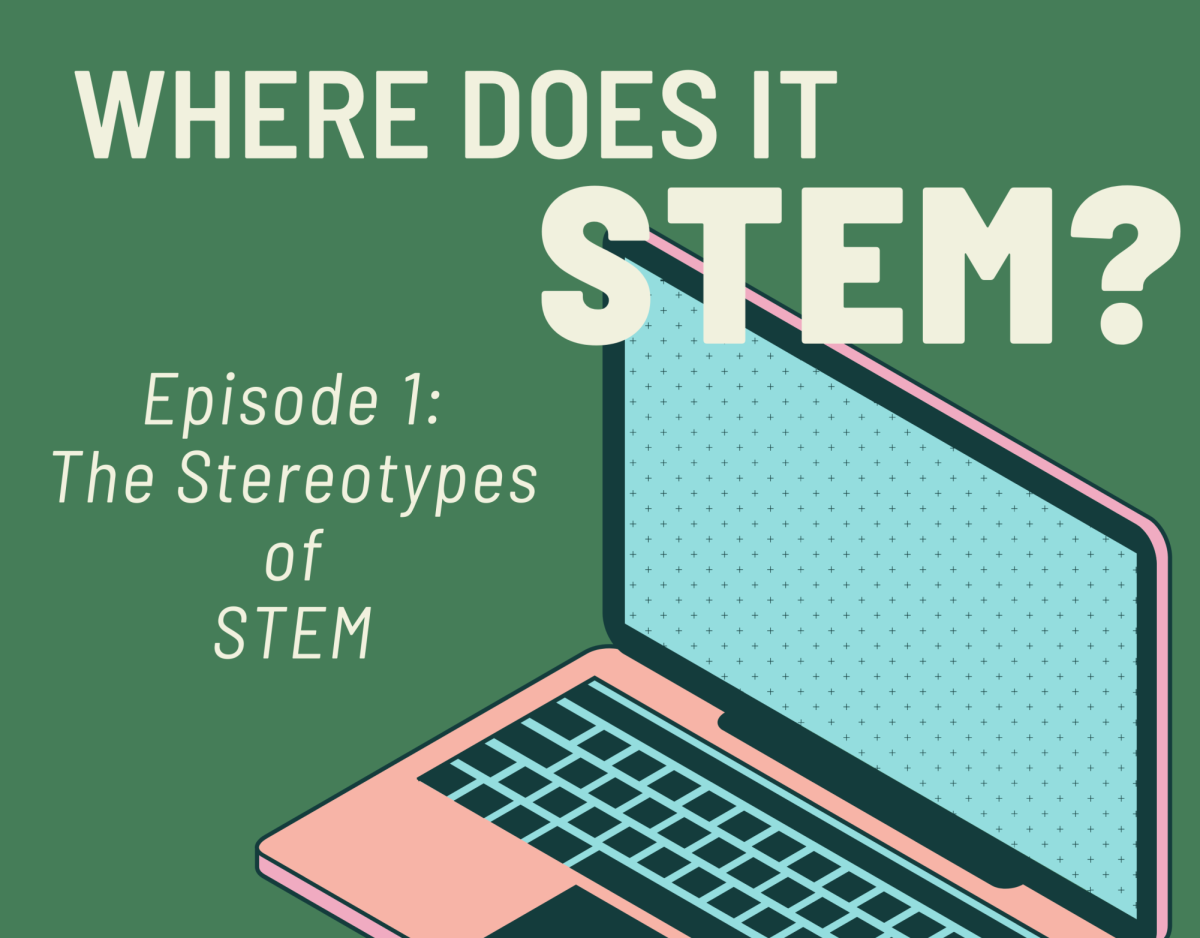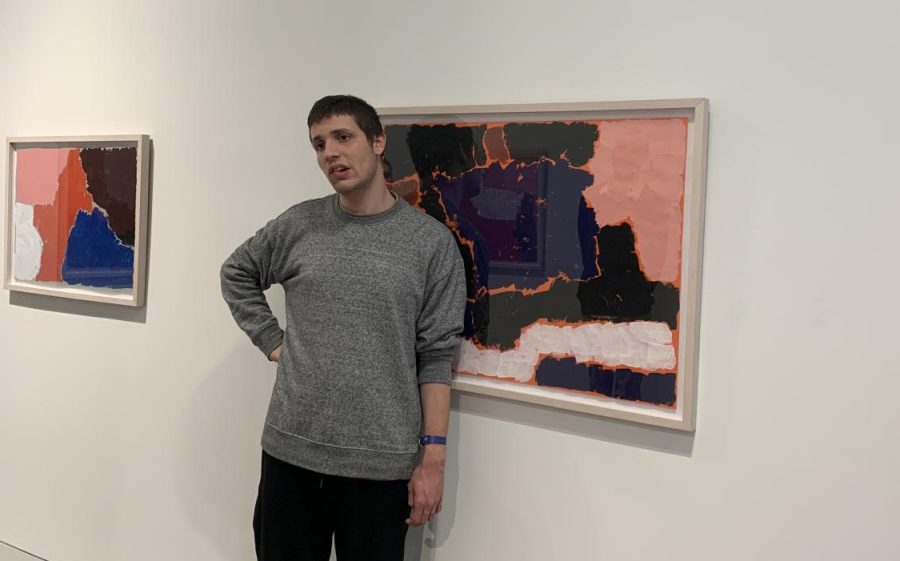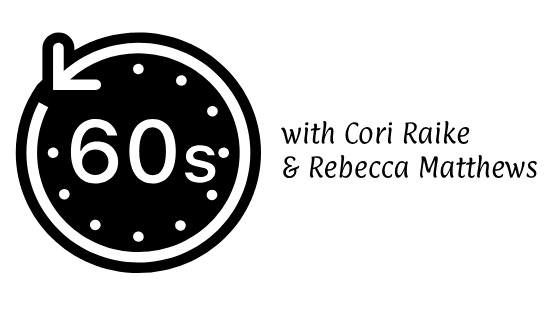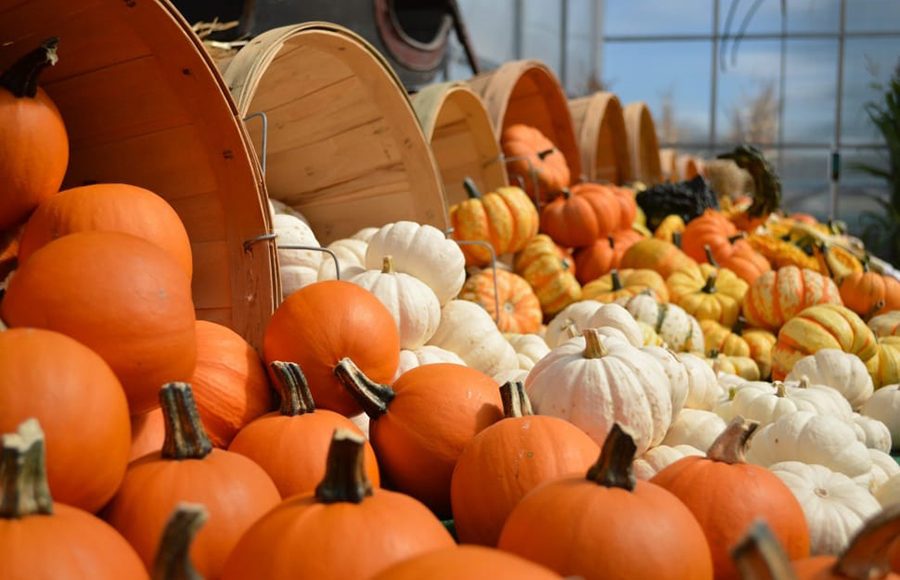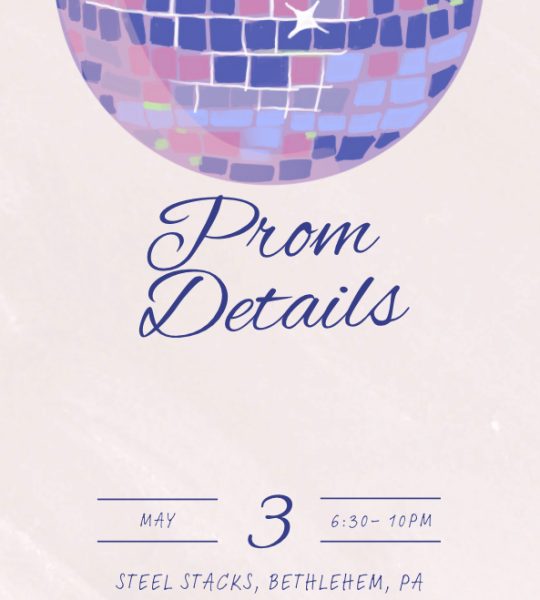Gothic Literature: the genre at its surface
Although Halloween bring to mind the thought of pumpkins and horror movies, the roots of Gothic literature are very different.
October 29, 2020
As Halloween rolls around, horror movies and scary stories are back in fashion for a limited time, but what lies at the base of such traditions?
Whether it be writing essays, reading historical fiction, or studying aspects of classic literature, students are tasked every year with investing their consciousness into the art of the written word. This is due, in major part, to the grasp that literature holds on modern society and has held on societies throughout history. Because of this, mankind has developed writing to what seems like infinite ends. Genre is a great example of how differing authors showcase their abilities and writing styles. When it comes to Halloween, Gothic Literature lies at its core.
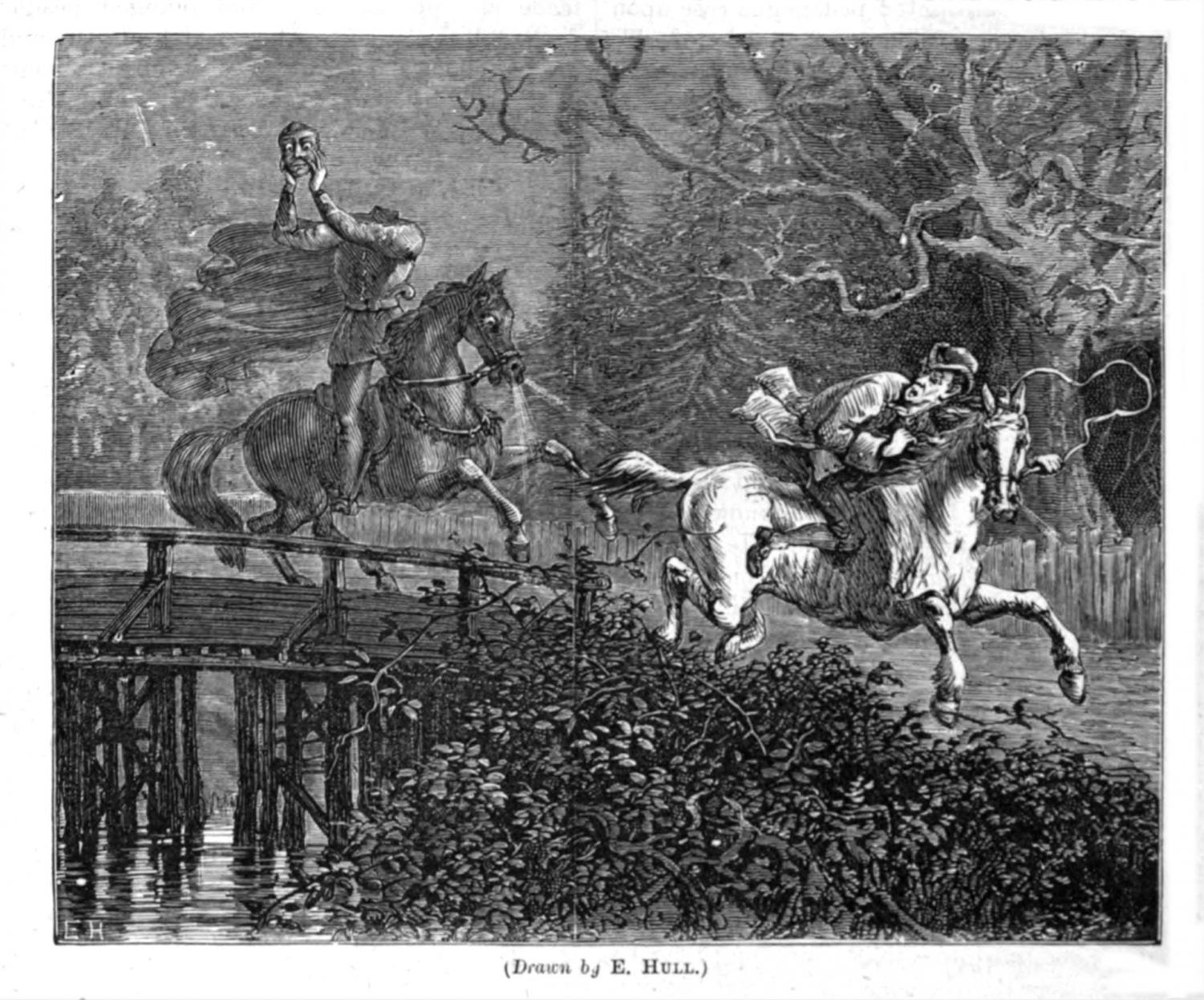
“Gothic Literature is a genre that became popular at the same time as Romantic Literature,” Mr. Smith said. He has been an English teacher at Delaware Valley Regional High School for ten years, studied Gothic Literature in college, and finds it to be an intriguing genre.
However, not many people know what the genre really is, and they figure Horror and Gothic to be the same classification. “Basically, [Gothic literature’s] focus is on highly descriptive language that focuses on suspense, detail, and tone,” Mr. Smith said. Horror is a genre featuring suspense based upon a known evil, whereas the Gothic is a genre featuring suspense based upon the unknown. Mr. Smith uses The Conjuring as an example in his Gothic Literature class, for the viewer does not know what is haunting the house, nor do they know why, until the very end when the details throughout the movie click together to provide a profound conclusion.
Mr. Smith cites Washington Irving’s The Legend of Sleepy Hollow the reason that the Gothic is an important American genre. “The first “true” American novel, and not a byproduct of a British immigrant viewing the new world through British eyes, is often believed to be [Sleepy Hollow],” Mr. Smith said.
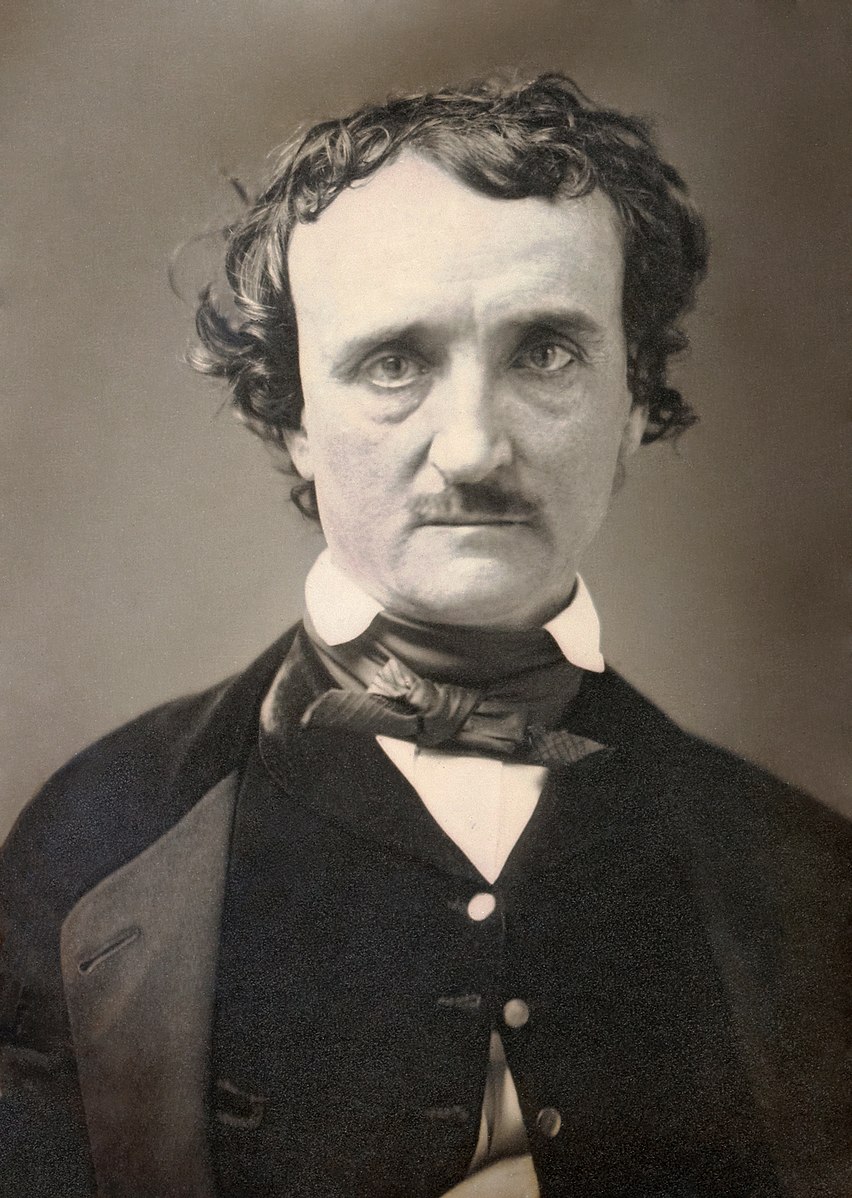
The genre is a building block of America’s literary identity and has influenced contemporary culture greatly. This is evident through films such as the aforementioned, The Conjuring, and recently released, The Colour out of Space, along with the popularity of the Halloween holiday. The holiday owes it’s admiration to the genre’s warping of historical Celtic traditions.
Some incredible authors have dabbled with, or submerged into, the genre and provided the world with excellent works such as Edgar Allan Poe and his series of poems and stories, Stephen King and his intriguing novels, and even H.P. Lovecraft and his mind-boggling weird tales. The success of these male authors have disparaged the legacy of the genre’s great creators, however, in the eyes of the public.
Mary Shelley, Shirley Jackson, and Charlotte Perkins Gilman are still considered some of the greatest Gothic writers. Their names may not strike remembrance into the listener’s minds, but perhaps their works will. Shelley wrote the famous Frankenstein in a competition against her husband. Jackson wrote “The Lottery,” a seemingly innocent story which builds into a disturbing horror. Gilman wrote “The Yellow Wallpaper,” which, through Gothic themes, became a highly important work in the civil rights movement for women.
While Gothic Literature is an incredible genre of American writing, it has slowly been pushed into the back of the line in English Curriculum. It has been reduced to an elective class, which only runs when enough students sign up, and a few works in the sophomore and junior curriculums. People have argued the relevancy of the genre in today’s environment, but Mr. Smith disagrees. “Really, [Gothic literature] will teach you about believing in the impossible and paying attention to details,” he said.
Due to the intricacy of details and hints throughout its stories, along with often supernatural themes, the genre can prove motivational and attention-building to students whose minds are still developing. If you wish to learn more about the genre, it is quite easy to obtain the works of the aforementioned authors, or you could always sign up for Mr. Smith’s Gothic Literature course next year.




